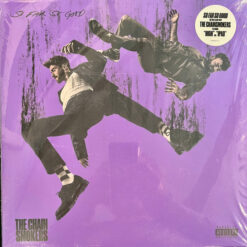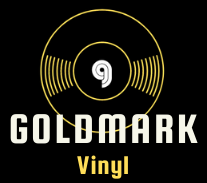-
×
 The Chainsmokers "So Far So Good"
1 × $38.00
The Chainsmokers "So Far So Good"
1 × $38.00
Classic Rock
David Foster Understands Now That He ‘F—ed Up’ Chicago
Before producer David Foster completed their transformation into pop stars, Chicago had built an early reputation as a tough jazz-rocking outfit.
Peter Cetera was just one of their vocalists, rather than the honey-sweet ballad-singing frontman. He actually played bass. Robert Lamm, one of Chicago’s other prominent singer-songwriters, served as principal pianist.
Foster changed all of that, beginning with 1982’s Chicago 16.
READ MORE: Top 10 Terry Kath Chicago Songs
“I get it — I get why they were unhappy,” Foster tells the Los Angeles Times. “I just came in like a young, arrogant barnstormer: ‘OK, I’m playing all the piano now,’ and Peter let me play the synth-bass on everything because he didn’t want to play bass anymore.”
So, suddenly Chicago’s new producer was also “the bass player, I was the piano player, I was the co-songwriter. I was the producer, I was the arranger for the most part,” Foster added. “I didn’t know then that I was making them be more like me than I was trying to be like them.”
These changes connected with a new generation of listeners: Chicago 16 became a platinum-selling Top 10 smash – their first since 1977’s Chicago XI. Under Foster’s guidance, the hits kept coming, too: 1984’s Chicago 17 was even bigger, reaching the Top 5 while selling more than six million copies in the U.S. alone.
Cetera clearly had no objections, as he continued to work with Foster even after going solo. Foster stuck around to help his old group move on: The subsequent Chicago 18 was a gold-selling Top 40 hit in 1986.
Watch Chicago’s ‘Hard to Say I’m Sorry’ Video
‘I Don’t Blame Them for Being Pissed Off’
But something was admittedly lost along the way.
“I was trying to imitate them, but I guess more of me came out than should have – and they got annoyed because they didn’t want to be a ballad band,” Foster now admits. “I mean, my mission with Chicago was I wanted to remind them of their greatness. I was such a fan in the late ’60s when it was the [Chicago] Transit Authority. But by Chicago 16, they’d just forgotten their greatness, that’s all. Bottom line is: I don’t blame them for being pissed off.”
Four Foster-produced Chicago singles – all ballads – also reached the Top 5, including the chart-topping “Hard to Say I’m Sorry.” But even that failed to change some minds about this new change in direction.
“No, because they’d had a ton of success before,” Foster added. “They were so revered — they were critic’s darlings, for the most part. I f—ed that up.”
Chicago Albums Ranked
This list of Chicago albums reminds us once more of the opposing forces that always drove the band.
Gallery Credit: Nick DeRiso

